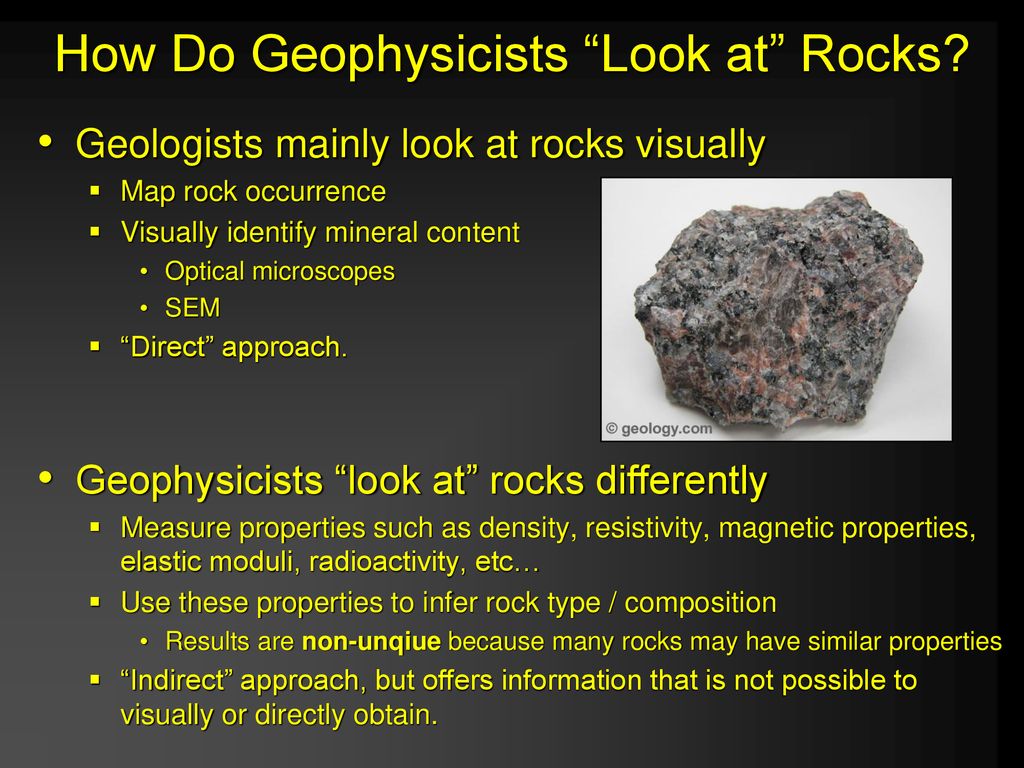All Categories
Featured
Table of Contents
What Is A Geophysicist? in Crawley WA 2020
This work is significantly contracted out, so consultancies supply another source of work. Consultancy companies vary in size, from really little business to big multinationals. Some consultancies are quite specialised in using particular geophysical strategies or operating in specific areas, while others offer a more varied series of services to their clients.
The extraction of gas from landfill websites is another area of employment and this may grow in the future. Exploration business may carry out work for building companies, public utility, mining companies and ecological firms, so geophysicists might be used in any of these settings. Other employers consist of: geological surveysgovernment bodies and agenciesuniversities and research institutes.


Vacancies might be noted in the oil and gas sector press. Recruitment is impacted by oil price variations and the level of competition for positions varies depending upon this. Careers Days, which cover the full variety of geoscience careers and are normally participated in by a variety of crucial industry employers, are run by The Geological Society.
Career Opportunities In Geology in Wandi WA 2022
Some of the large oil and gas companies offer a full two-year structured training programme across the breadth of geophysics, consisting of the opportunity to experience work in various groups before specialising in one area. Your training might include work on: existing wellsmagnetic and gravitational possible field information analysisresearchrock analysis. However, it's more usual for your initial training to be provided on the task.

There might be a probationary duration during which you work alongside a skilled colleague. Competency-based appraisals occur frequently in a lot of companies. In smaller sized firms, and for scholastic posts, there is not likely to be any official training - you'll be expected to start work straightaway and get abilities as you go along.
If you work for a smaller company, you might discover that you need to take responsibility for setting up and funding your own advancement and training. If you have a geology degree, membership of The Geological Society can be helpful for networking and for keeping up to date with the market.
What Is Geophysics? in Mount Hawthorn Australia 2021
You may also discover it helpful to sign up with the PESGB (The Petroleum Expedition Society of Great Britain, which has a geophysics special interest group. After a probationary period, and once you've acquired some experience, you could progress to senior geophysicist, then group leader and after that into a senior role in management.
The ease of motion between roles depends upon the company structure. Research study at Masters or Ph, D level in a subject associated to geophysics or geosciences might assist with your profession advancement and progression. The employment market within the oil and gas market is very depending on rate and this might affect your chances for profession development.
For experienced geophysicists, freelance consultancy offers an excellent path for career advancement. As a geophysicist, you're most likely to have a number of jobs throughout your working life.
Geophysicists in Shenton Park Australia 2021
From geophysics, it's possible to focus on seismology (finishing further training to end up being a seismic interpreter) or to move into related locations such as engineering geology or risk prediction.
Choosing what to study in college is a tough choice. Even if you know that your field of interest lies in science, what program of study is best for you?
However the primary step to achieving your objective of ending up being a geophysicist is earning a degree. Even for entry-level positions in the field of geoscience, you'll require a bachelor's degree (a geophysicist college degree) from a certified college or university. Some research positions need prospects to hold master's degrees and even Ph.
Marine Geology And Geophysics in Success Oz 2021
Doctoral degrees are particularly essential if you prepare to teach at a four-year organization. Geophysicists apply physics ideas and techniques to study the gravitational, magnetic, and electrical fields of the earth. This advances scientists' understanding of both the planet's interior core and its surface. Geophysicists must be able to: evaluate rocks, photos, and other pieces of data perform research study both in the field and in labs create maps and charts of their findings compose reports To accomplish all this, students need a specialized education for geophysicist professions.
As specified above, you'll require a bachelor's degree in geoscience or a related discipline, such as a physical science or a life sciences, to land an entry-level task. But trainees can likewise prepare by majoring in topics like: Biology Chemistry Computer system science Engineering Mathematics Physics The above geophysicist majors provide a more generalized technique to a single scientific discipline, however a lot of programs require trainees to take one or more geology course.
Latest Posts
Geophysical Survey Methods in Western Australia 2021
Geophysicist Salary in Wembley Downs Aus 2021
Bsc Geophysics in Safety Bay WA 2023